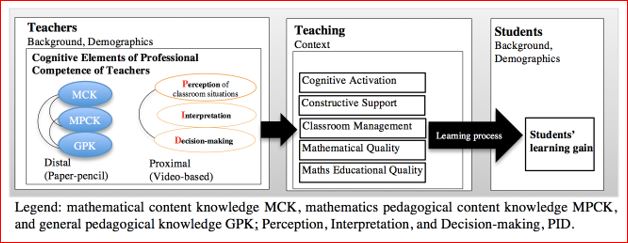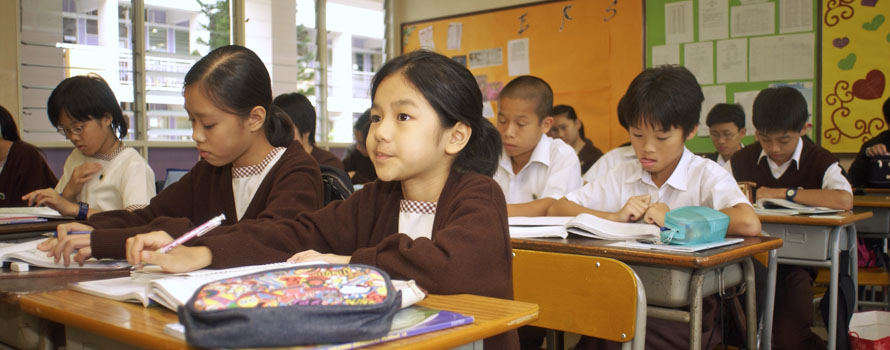Research - East-West
Exploring the Eastern and the Western Debate: the Case of Mathematics Teachers’ Professional Knowledge and Students’ Achievement - A Comparative Study between Germany and China
EU-financed in the frame of the Marie Sklodowska-Curie grant, grant number: 658303, project duration: 2016-2018.
International comparative studies (e.g., TIMSS or PISA) found that East Asian students outperformed their Western counterparts, which raised the interest in comparative studies between ‘‘Eastern’’ and ‘‘Western’’ cultures significantly. Educational policies in many countries have been revised referring to the results. However, the question how to explain students’ achievement differences referring to the professional competence of the teachers and the teaching-and-learning processes provided by them has not been in the focus of empirical studies.
In view of this, the project investigated differences and similarities of mathematics teachers’ professional competence and the relation to students’ learning outcomes in Eastern and Western cultures with Germany being the Western protagonist and China serving as protagonist for Eastern cultures. 300 mathematics teachers and their students (about 8,500) in China and in Germany from TEDS-Instruct participated in the study. Mathematics teachers’ professional competence is evaluated using adapted instruments in a previous international comparative project on teachers’ knowledge (TEDS-M) and a follow-up study (TEDS-FU) through the means of web-based and video-based testing. Students’ mathematics achievements and their achievement progress over one year has been evaluated using regular achievement tests at national level in China and at Federal level in Germany.
The project is based on the following impact model of TEDS-Instruct and TEDS-Validate:

Currently similarities and differences of Chinese and German mathematics teachers’ professional competence and its connections to students’ mathematics achievements are analyzed. Social and cultural influences are further explored for a mutual understanding of the differences and similarities. Based on these results recommendations for the change of German and Chinese teacher education and teacher-in-service-training will be formulated and concrete suggestions will be disseminated broadly. Long-term collaboration with China is planned following the fellowship.
Project leader: Prof. Dr. Gabriele Kaiser, University of Hamburg
Responsible researcher: Prof. Dr. Xinrong Yang (University of Hamburg, Germany and Southwest University, China)

